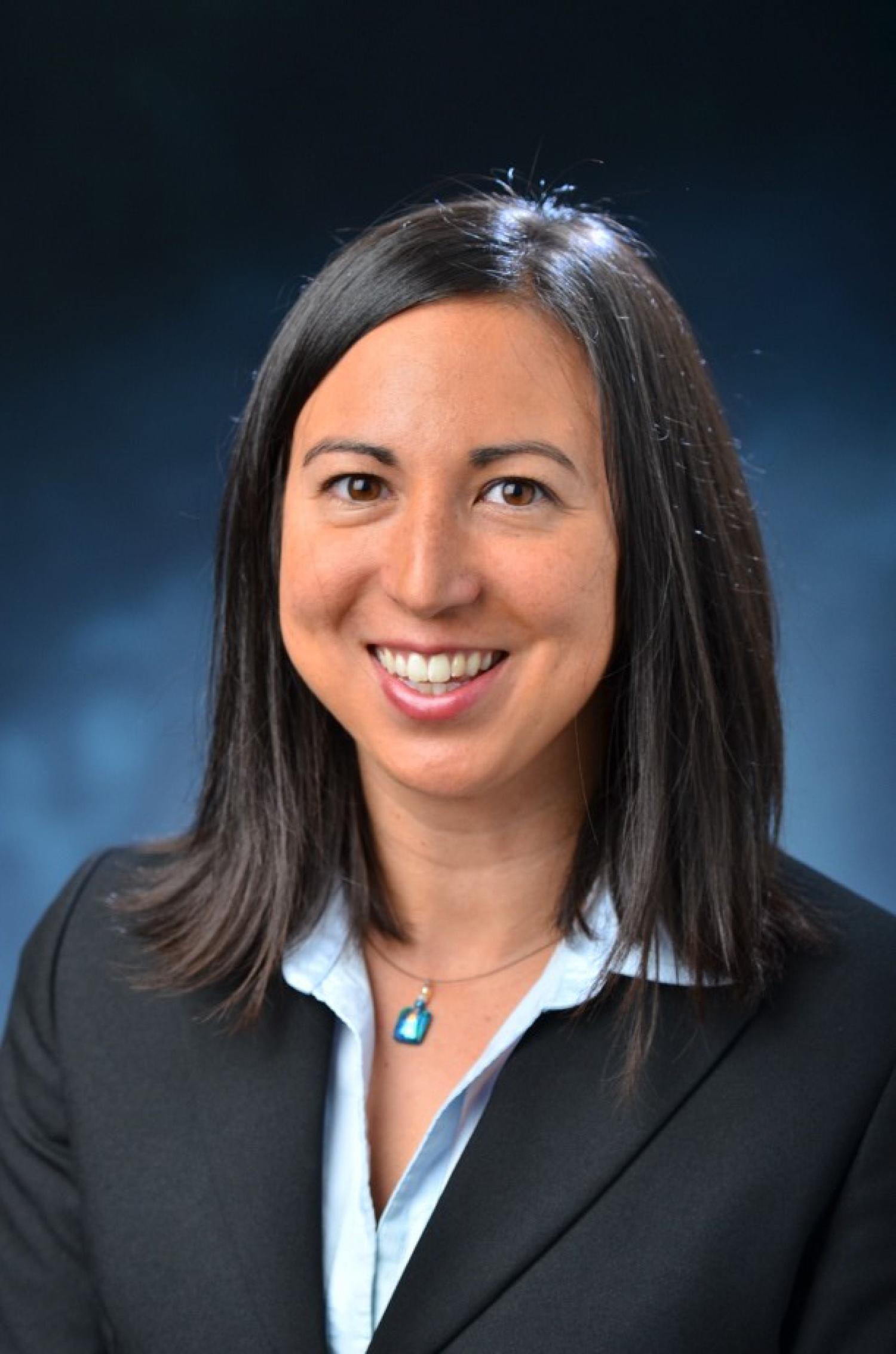Seminar: Multi-spectral Remote Sensing and Retrieval of Snow Algae and Light Absorbing Particles in Snow with Commercial SmallSat data, UAVs, and Robotic Sampling - Apr. 1

Alia Khan
Associate Professor, Environmental Sciences, Western Washington University
Monday, April 1 | 9:30 a.m. | AERO 111
Abstract: The global cryosphere – the frozen water domain – is experiencing unprecedented change. To match this rapid pace, innovative technological approaches and interdisciplinary engineering solutions are needed across disciplines to increase the spatial, temporal, and spectral resolution at which data is retrieved, and processed, from the Earth’s surface. With support from active NASA and NSF awards, my research team is utilizing high resolution multi-spectral data collected by UAVs and commercial SmallSats, like SkySat, which has 0.5 m ground resolution, to remotely detect and map the spatiotemporal distribution of snow algae and other light absorbing particles. The presence of snow algae blooms and light absorbing particles, like black carbon from wildfires, enhance the absorption of solar radiation by snow and ice surfaces, creating a measurable increase in radiative forcing. This can have immediate local and long-term regional impacts on albedo, snow melt rates and ecosystems that depend on meltwater downstream. There is strong evidence that these effects may be intensifying due to a warming climate.
The polar regions are warming 2 to 3 times faster than the global average. In the Arctic, deposition of black carbon on the Greenland Ice Sheet is increasing due to high-latitude wildfires. In the Antarctic, rapid and persistent warming is likely resulting in an expansion of snow-algae blooms, increased snowmelt, and an anticipated expansion of ice-free lands. In this seminar I will focus on current and future approaches for remotely mapping and detecting the spatial and temporal distributions of snow algae, as well as two Colorado Space Grant Consortium (COSGC) projects I have advised that were comprised of interdisciplinary teams of CU engineering students. The most recent team has designed and built a UAV-mounted robotic snow coring payload that has successfully retrieved snow samples from the flanks of a glaciated mountain in the North Cascades.
Bio: Dr. Alia L. Khan is an Associate Professor in the Department of Environmental Sciences at Western Washington University (WWU). Her research combines data from high resolution multi-spectral imagery collected by UAVs and commercial/public satellites with ground-based biogeochemical analysis of snow, ice, and spectral albedo, to elucidate the impacts of climate change on melt across the global cryosphere. She is currently managing six active research grants funded through NASA and NSF, including a CAREER Award. Alia completed her PhD in August 2016 in Civil and Environmental Engineering at the University of Colorado – Boulder and was a Postdoctoral Research Associate at the National Snow and Ice Data Center, before moving to WWU in Bellingham, WA in early 2019.

